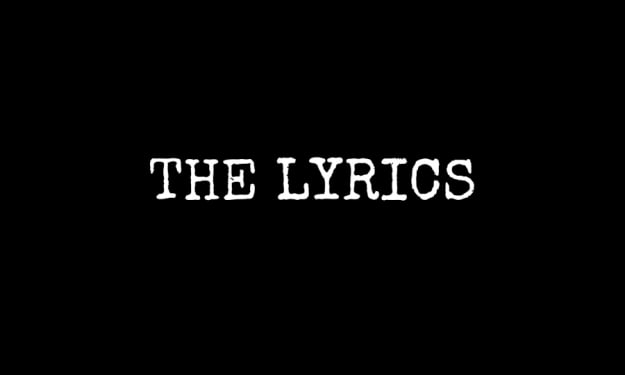Blockchain Music and the Rise of Decentralized Finance (DeFi)
How blockchain technology is revolutionizing the music industry and opening up new opportunities for decentralized finance.

In recent years, the integration of blockchain technology and decentralized finance (DeFi) into various industries has been on the rise. One industry that has shown promise in adopting this technology is the music industry. The integration of blockchain technology and DeFi can revolutionize the way music is consumed, distributed, and monetized. This case study will explore how the use of cryptocurrency payments and blockchain technology can benefit the music industry, using the example of the 2014 Ultra Music Festival.
The 2014 Ultra Music Festival made headlines when it became the first major music festival to accept Bitcoin payments for tickets. Bitcoin is a decentralized cryptocurrency that operates on a peer-to-peer network, meaning that transactions are processed without the need for intermediaries like banks. This makes it a perfect fit for music festivals, where tickets are sold in large volumes and often require fast and secure transactions.
By accepting Bitcoin payments, Ultra Music Festival was able to tap into a new market of cryptocurrency users who were willing to spend their digital assets on tickets. This move also increased the transparency of ticket sales, as all transactions were recorded on the blockchain, a digital ledger that keeps a transparent record of all transactions. This created an added layer of security and trust between the festival and its customers, as the blockchain ensures that all transactions are secure, immutable, and tamper-proof.
The integration of DeFi into the music industry has the potential to go beyond just ticket sales. Blockchain technology can be used to create new revenue streams for musicians, particularly in the area of music royalties. Currently, music royalties are paid out through a complex web of intermediaries, including record labels, publishers, and collecting societies. This often leads to delays in payments and high fees, which can be a major burden for musicians, particularly independent artists.
By using blockchain technology and smart contracts, musicians can receive royalties in a more transparent and efficient way. Smart contracts are self-executing contracts with the terms of the agreement directly written into code. This means that once the terms are met, the contract is automatically executed, reducing the need for intermediaries and the potential for human error. In the case of music royalties, smart contracts can be used to automate the distribution of royalties to musicians, ensuring that they receive their fair share of revenue.
DeFi can also reduce the fees associated with music distribution. Currently, streaming services like Spotify and Apple Music charge high fees to distribute music on their platforms. By using blockchain technology, musicians can distribute their music directly to fans, bypassing the need for intermediaries and reducing the fees associated with distribution. This can create a more equitable system for musicians, particularly independent artists, who often struggle to make a living from their music.
The integration of DeFi into the music industry is still in its early stages, but there are already several startups and initiatives that are exploring the potential of this technology. One example is the Musicoin Project, a blockchain-based platform that allows musicians to distribute their music and receive royalties directly from fans. Another example is the Open Music Initiative, a collaboration between major music industry players like Universal Music Group and Spotify, which aims to create an open-source protocol for music distribution using blockchain technology.
Ultimately, the integration of blockchain technology and DeFi has the potential to revolutionize the way music is consumed, distributed, and monetized. By reducing fees, increasing transparency, and creating new revenue streams for musicians, this technology can create a more equitable system for all players in the music industry. While there are still challenges to be overcome, the potential benefits of this technology are clear, and it will be interesting to see how the music industry continues to adopt and adapt to this new paradigm.
About the Creator
Indie Music Stream
Indie Music Stream is dedicated to helping independent artists. We believe that every artist deserves a chance to have their music heard. We are committed to providing as many resources as possible.
Power to the creators!
#IndieMusicStream






Comments
Indie Music Stream is not accepting comments at the moment
Want to show your support? Send them a one-off tip.